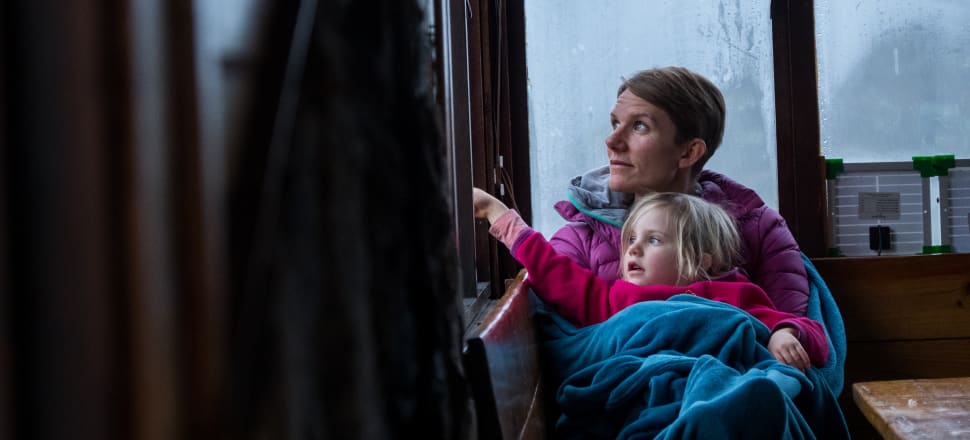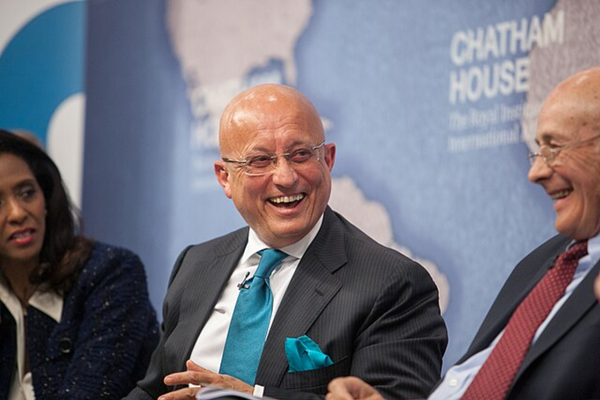
Independent panel chair says the Commerce Commission should investigate a lack of competition driving up electricity prices
Analysis: "There’s broken windows, they’ve got mattresses and blankets covering them, mould everywhere, no heating, the houses are always freezing, the kids are always getting sick," says a renter in Otago. "But no one complains to the landlords, because they need good references so they can get a better flat, next year. So, they just have to put up with it."
That is just one of the voices heard by the independent Energy Hardship Expert Panel, appointed by outgoing Energy Minister Megan Woods to conduct a comprehensive two-year study into the problem – and to seek solutions.
The panel delivered its report to the minister in July, but it was never published; it’s only now been disclosed under the Official Information Act. The report highlights two fundamental problems: with New Zealand’s substandard housing, especially rentals, and with the prices paid for energy.
READ MORE: * Commissioners reject big Mackenzie Basin solar farm * Back-channels shift sands on which National's housing package is built
About 300,000 people live in homes they can’t afford to keep adequately warm, it finds. Māori and Pacific peoples are two or three times more likely to experience energy hardship; renters are five times more likely to be unable to keep their homes adequately warm.
Crowded, cold, damp and mouldy housing causes increased hospitalisations for asthma, colds and flu, and more sick days and care days. At its mortal extreme, it's calculated to be killing 229 people a year, at a cost of about $2.9b to families and the economy.
The panel heard the cost of electricity is the foremost factor contributing to energy hardship in New Zealand. It was told of families using outside fires to cook their meals to keep costs down; and of families living in homes with no electricity until they had saved sufficient funds to get it reconnected.
"Sadly, these stories are not isolated incidents," the panel says. "People spoke of desperation, frustration and stress."
Soon after receiving the report, Woods spoke to energy sector leaders at their annual awards. She highlighted work such as the Winter Energy Payment for beneficiaries and pensioners, and the extension to June 2027 of Warmer Kiwi Homes, delivering 26,500 insulation and heating retrofits a year.
But she also implicitly acknowledged the real improvements would be achieved, not with bottom-of-the-cliff subsidies and top-up payments for families, but by supporting the construction of renewables, and market measures to make sure electricity was reliable and affordable.
A National-led incoming government promises to fast-track consents for the construction of new renewables, and investment in offshore wind.
Yet, as my colleague David Williams reports today, that comes with its own complexities.
Yesterday commissioners refused consent for an 88mW solar farm in the Mackenzie Basin, saying the country's need for more renewable power was outweighed by the need to protect ecologically significant land, flora and fauna.
And even as new renewable power comes online, it will be sucked up by demand from industries shutting down their coal and gas-fired boilers, and by the rapid uptake of EVs. If anything, the wholesale market price for electricity will continue to rise.
I spoke to Keri Brown this morning, the chair of the independent panel, who told of travelling the length of the country and hearing the heartbreaking stories of families living in cold, black mould-ridden homes. Some couldn't get their sick kids well enough to return to school – the one place where they might be warm and healthy.
She will be seeking a meeting with the new minister, likely to be Chris Bishop.
Solutions to energy hardship won't just be found in building new solar and wind farms. The panel's report criticises the lack of competition in the electricity retail market, in which four generator-retailers have 84.3 percent market share, and 35 independent retailers the remaining 15.7 percent.
It recommends the Electricity Authority and Commerce Commission investigate network pricing methodologies, and that retailers be required to notify customers of the most affordable plan each year.
If there were one change Brown would make to the electricity retail market, she says, it would be to make the Electricity Authority's Consumer Care Guidelines mandatory. She believes power retailers are shifting customers to pre-paid deals so they don't have to report disconnecting them – instead, families are in effect disconnecting themselves when they can't pay.
Should the electricity sector be the subject of the next Commerce Commission competition study? Absolutely, she says. It needs to be made easier for smaller community and iwi providers to enter the market. "It's very hard for small players to get in," she says, "because there's not visibility around the gentailers. They do not make visible what they're charging themselves."







